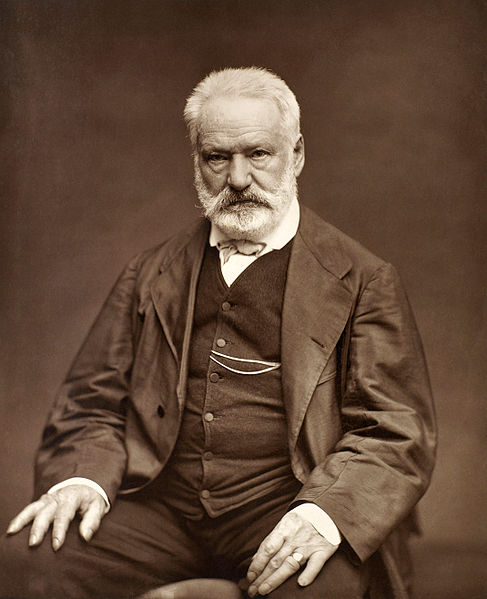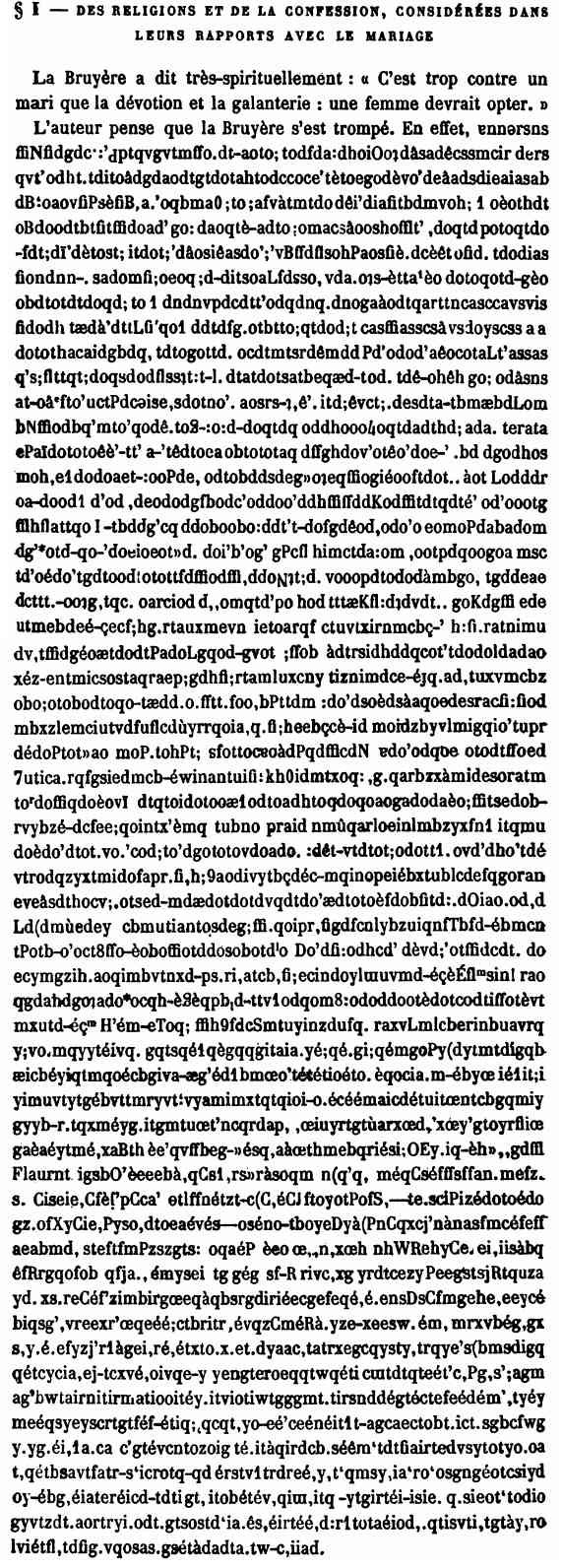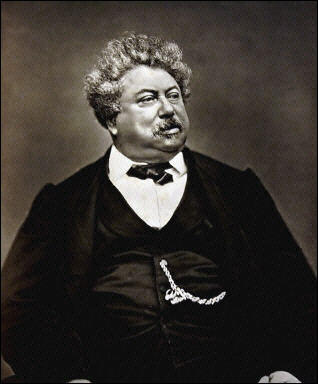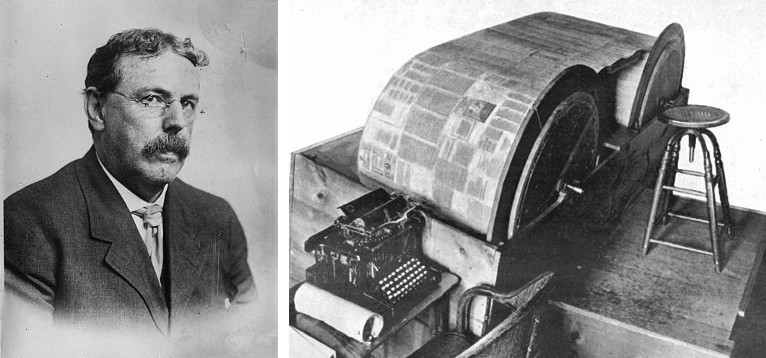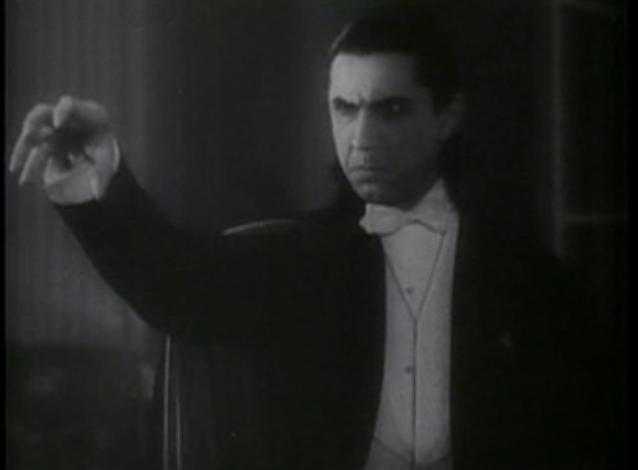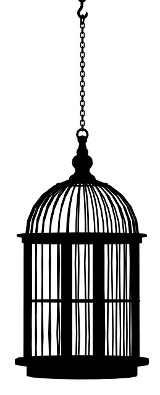
Felix does not understand how people can keep birds in cages.
‘It’s a crime,’ he says, ‘like picking flowers. Personally, I’d rather sniff them on their stems — and birds are meant to fly, the same way.’
Nonethless he buys a cage, hangs it in his window. He puts a cotton-wool nest inside, a saucer of seeds, and a cup of clean, renewable water. He also hangs a swing in the cage, and a little mirror.
And when he is questioned with some surprise:
‘I pride myself on my generosity,’ he says, ‘each time I look at that cage. I could put a bird in there, but I leave it empty. If I wanted to, some brown thrush, some fat bullfinch hopping around outside, or some other bird of all the kinds we have here would be a captive. But thanks to me, at least one of them remains free. There’s always that …’
— Jules Renard, Les Histoires Naturelles, 1896

